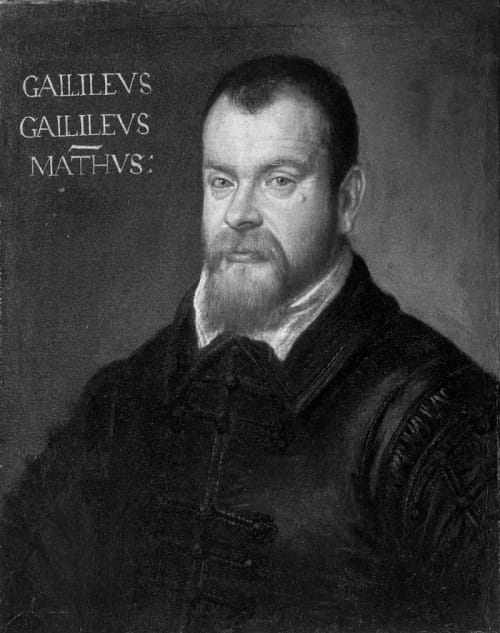
Photo Attribution: Domenico Tintoretto, Public domain, via Wikimedia Commons
Galileo Galilei
This example has been viewed 320x times
Summary
Rodden Rating
Analysis for Galileo Galilei
Biography
Galileo di Vincenzo Bonaiuti de' Galilei (15 February 1564 – 8 January 1642), commonly referred to as Galileo Galilei (/ˌɡælɪˈleɪoʊ ˌɡælɪˈleɪ/, US also /ˌɡælɪˈliːoʊ -/; Italian: [ɡaliˈlɛːo ɡaliˈlɛːi]) or mononymously as Galileo, was an Italian[a] astronomer, physicist and engineer, sometimes described as a polymath. He was born in the city of Pisa, then part of the Duchy of Florence.[8] Galileo has been called the father of observational astronomy,[9] modern-era classical physics,[10] the scientific method,[11] and modern science.[12]
Galileo studied speed and velocity, gravity and free fall, the principle of relativity, inertia, projectile motion and also worked in applied science and technology, describing the properties of the pendulum and "hydrostatic balances". He was one of the earliest Renaissance developers of the thermoscope[13] and the inventor of various military compasses. With an improved telescope he built, he observed the stars of the Milky Way, the phases of Venus, the four largest satellites of Jupiter, Saturn's rings, lunar craters and sunspots. He also built an early microscope.
Galileo's championing of Copernican heliocentrism was met with opposition from within the Catholic Church and from some astronomers. The matter was investigated by the Roman Inquisition in 1615, which concluded that his opinions contradicted accepted Biblical interpretations.[14][15][16]
Galileo later defended his views in Dialogue Concerning the Two Chief World Systems (1632), which appeared to attack and ridicule Pope Urban VIII, thus alienating both the Pope and the Jesuits, who had both strongly supported Galileo up until this point.[14] He was tried by the Inquisition, found "vehemently suspect of heresy", and forced to recant. He spent the rest of his life under house arrest.[17][18] During this time, he wrote Two New Sciences (1638), primarily concerning kinematics and the strength of materials.[19]
Source: https://en.wikipedia.org/wiki/Galileo_Galilei
**** DISCLAIMER: Reported original sources, including in Galileo's own handwriting claim birthday of Feb 15th, 1564 (Julian). Some astrologers have decided there is a mistake here & the original date when converted is Feb, 16th. We used Sabian Symbols and we are certain, going by Sabian Symbols, as well as original claims, Feb 15th is the correct date. As for time of birth, we tried to rectify and tested his own original reported ascendent degrees of 14 Leo and 21 Leo. Based on biography of Galileo, we cannot see a Sun in the 7th house to be fitting as in the case in the Placidus housing system ( he also gave a REBIRTH to the sun!), therefore 21 Leo was omitted. We chose 14 Leo as our initial point and determined 10 deg of Leo makes a great case for the ascending degree. We based this decision on the Sabian Symbol of The 10 Leo which is literally about sunlight, as well as the fitting MC symbol and the rest of the planetary placements. We used the LMT time of 15:39 PM which is only 2 minutes earlier than his own calculations for a possible time of birth ( please see: https://www.astro.com/astro-databank/Galileo,_Galilei). Gaia
Raw Data
Horoscope Data
Comments
Natal Data
1564-02-25 15:39:00 LMT
43° 43′ 22.2″ N 10° 24′ 6.3″ E
Pisa, Province of Pisa, Italy
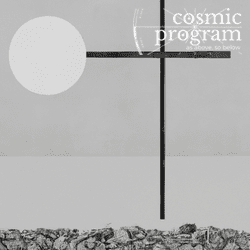
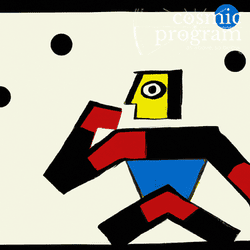
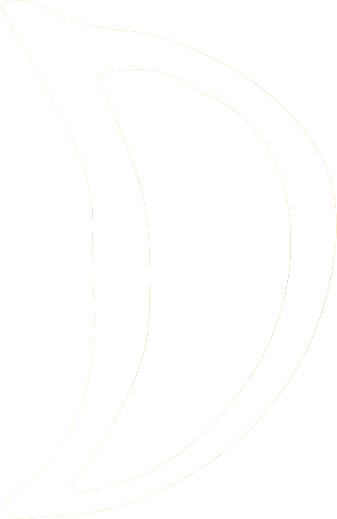

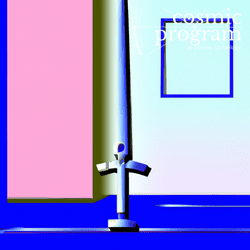
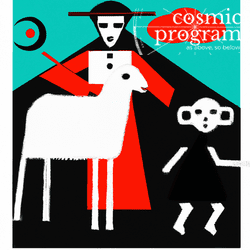
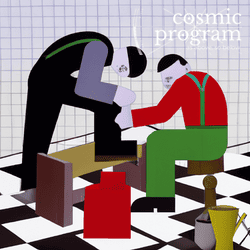
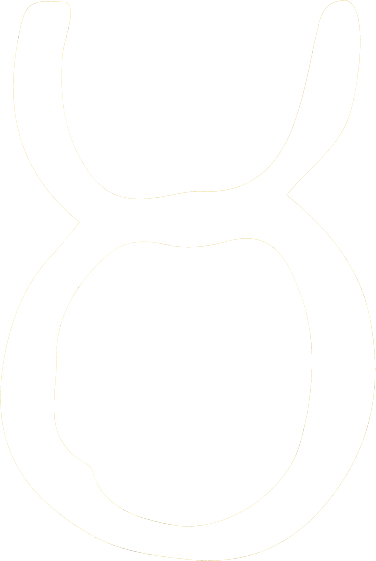
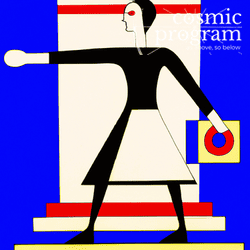
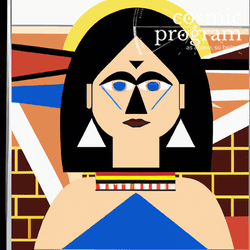
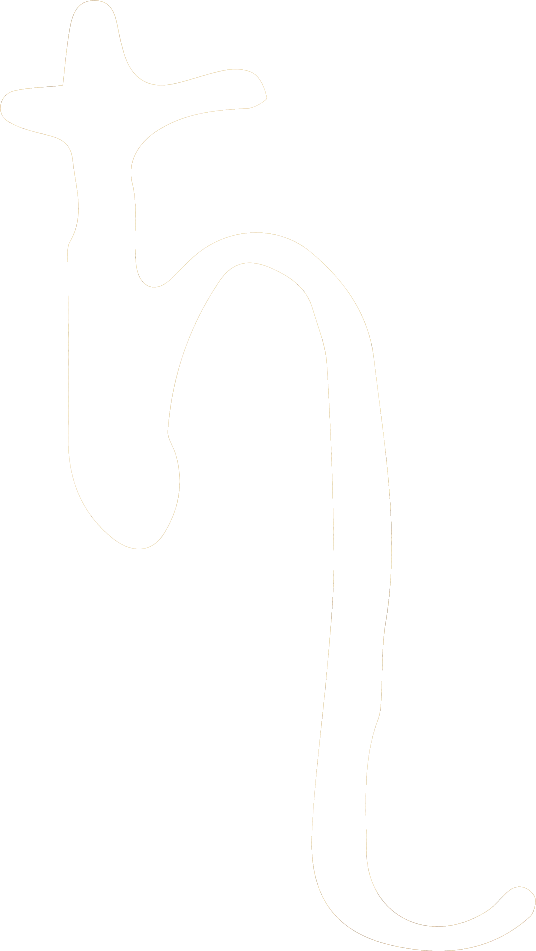
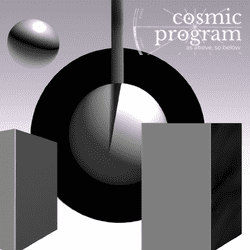
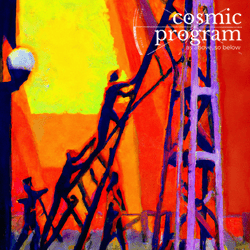
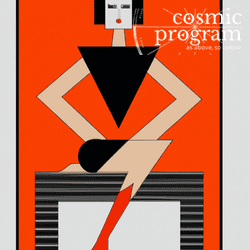
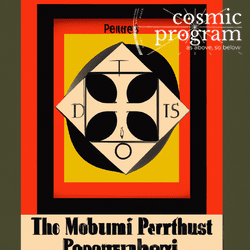
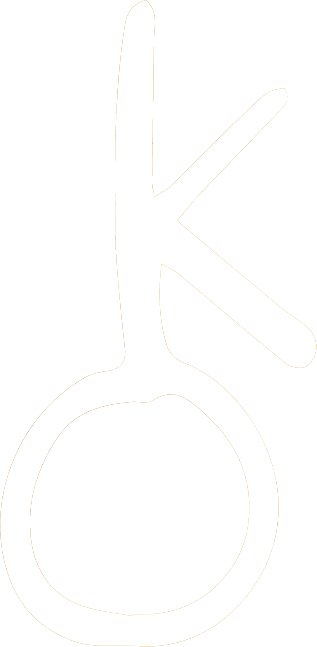

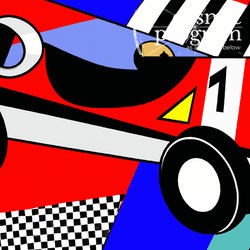
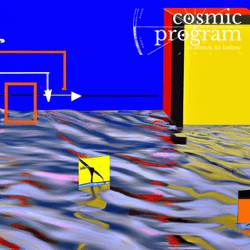
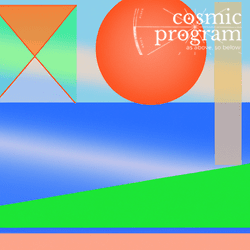
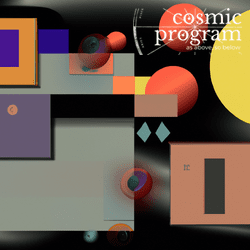
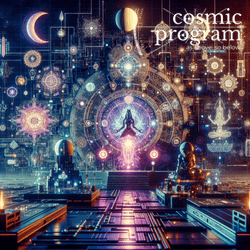
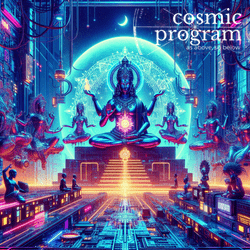
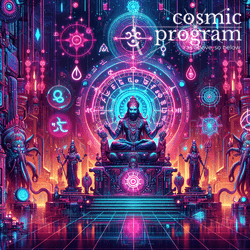

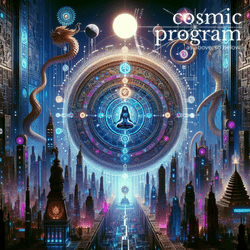

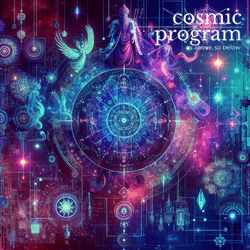
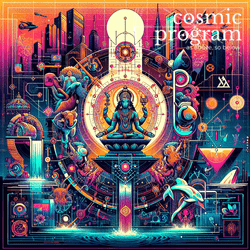
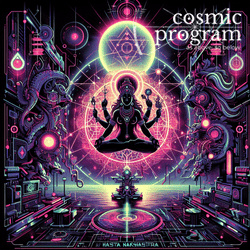
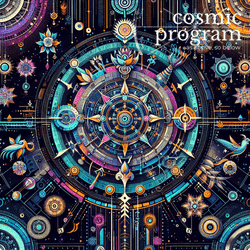
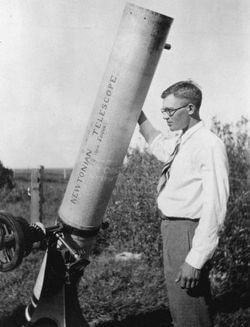
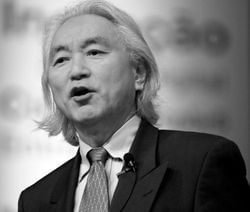
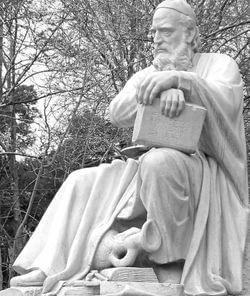
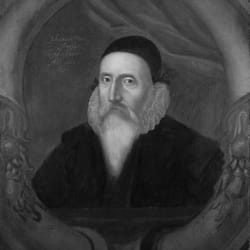
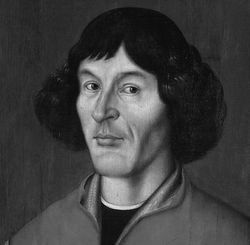
.png?bossToken=9eae7171764dbec3be1148651a1ea138be0ceb42bea693423a9c2d05918b940f)
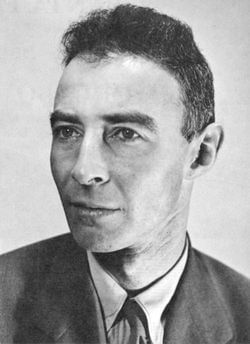
.jpg?bossToken=49322f64b79ba87d6472c753d43da97b5f3a253b2af4821d18b22eef61c7cec6)

